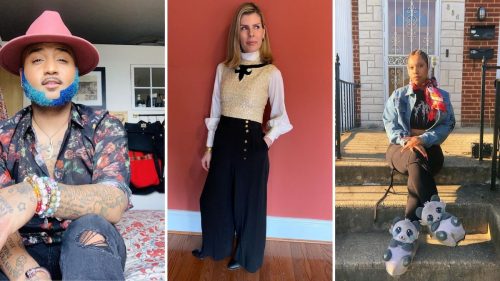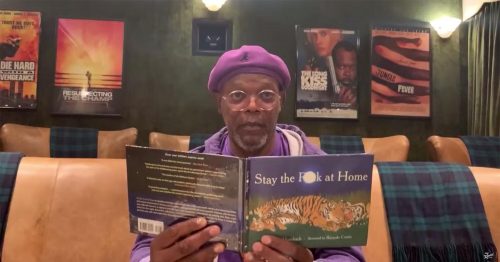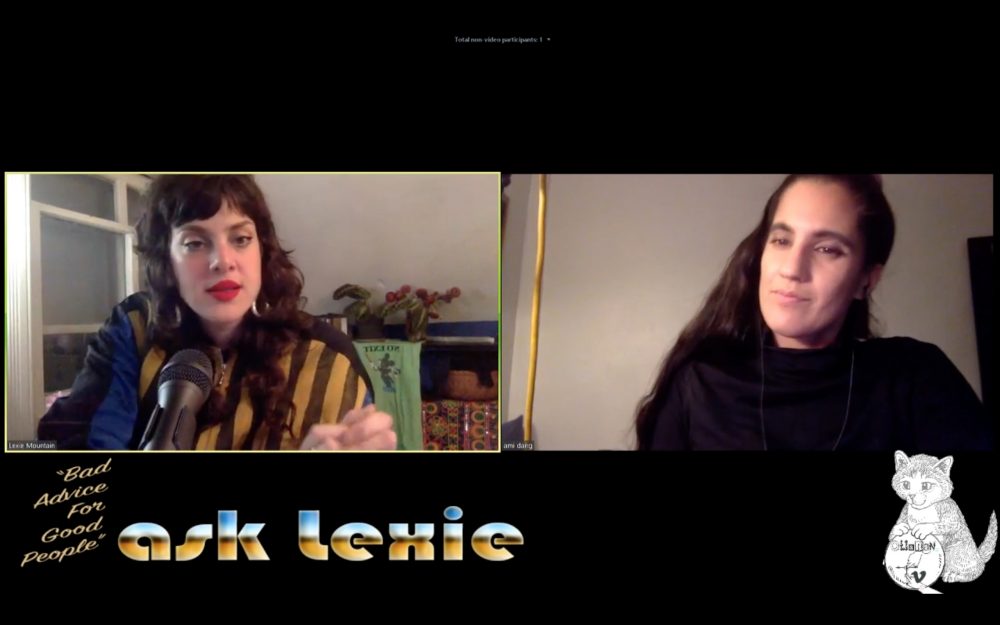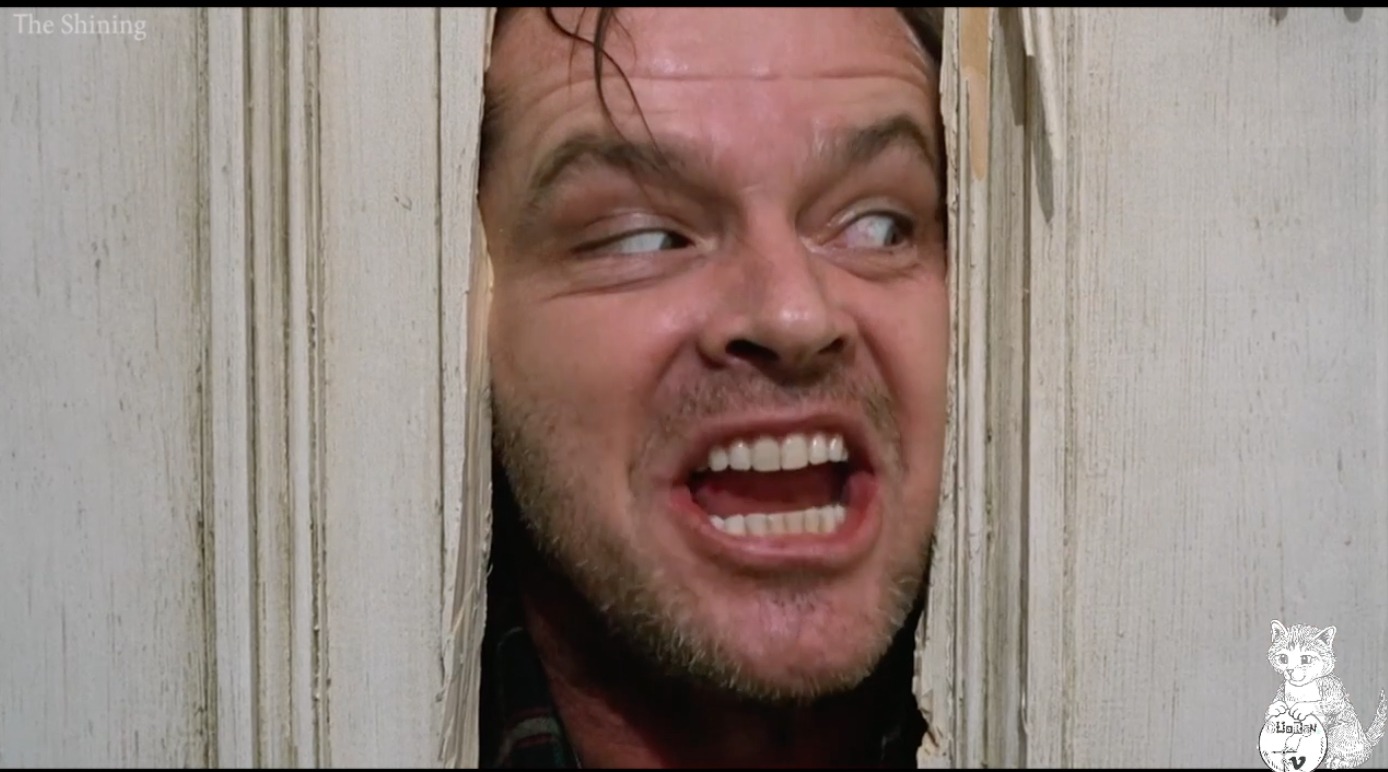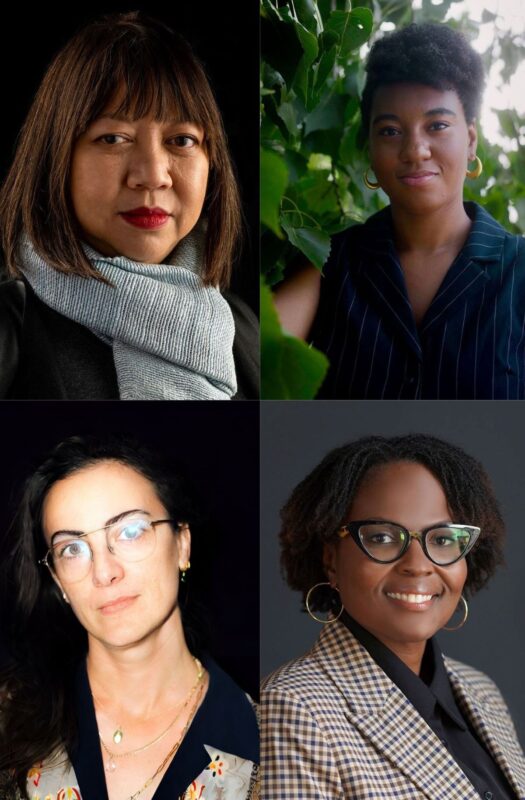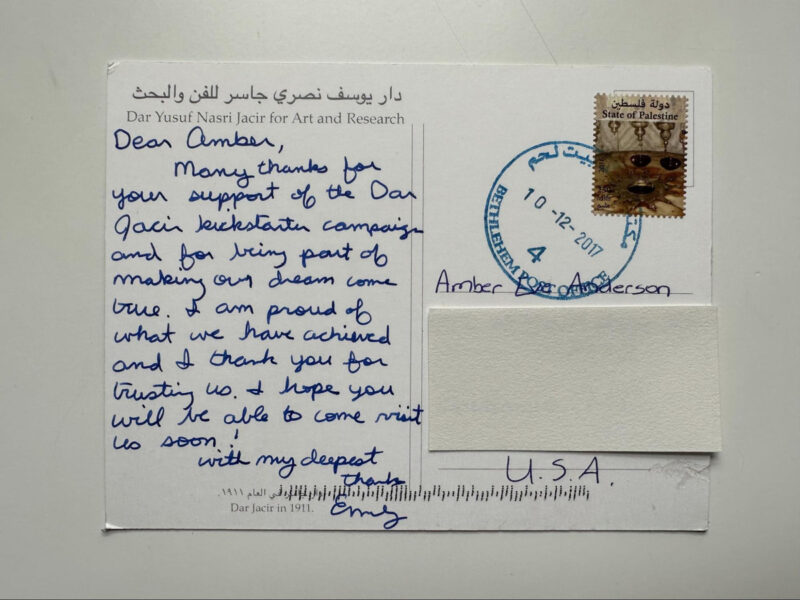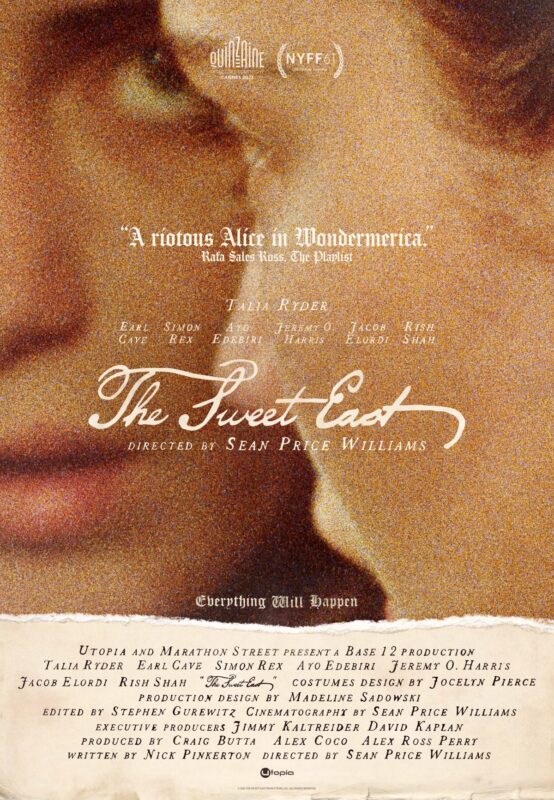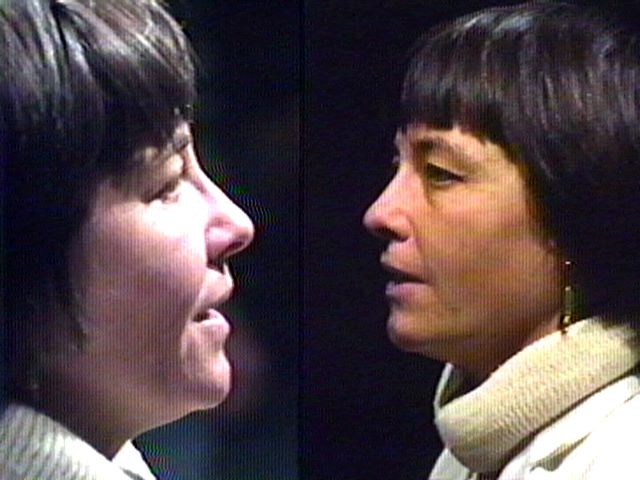Streaming, man, it’s just so much work. All these options and that nagging feeling that all those options are not so much options as they are content calibrated to appeal to you. It sucks. We have gone through this already. The whole darn idea behind this movie column was “a low-key invective against streaming,” as I said in the first COVID-19-informed piece—a review of Bacurau (by the way, keep virtually supporting the Parkway). And this awful pandemic, propagated further by incompetents and billionaires and other champions of inequity has made streaming feel even worse. You’re so disconnected, stuck in the house watching some dumb thing on your own terms.
One end-run around streaming that has been really working for me—that is, making me feel less alone—has been pirate stations popping up using the streaming platform Twitch. They’re operating like a television channel, programmed and curated, driven more by enthusiasm and a desire to share than, well, making money (Cinephobe is a real popular one). Knowing that there’s a hand guiding what you’re watching online and others are watching at the same time and that none of you can hit pause and walk away and come back to it, when you trust that hand, is very comforting.
In Baltimore, QuaranTV, a 24-hour, seven-days-a-week channel showing art movies, ‘90s Disney movies, found footage-like YouTube weirdness, advocacy news, and original, distinctly Baltimore DIY programming, has been one of those channels. The hands behind it are filmmakers Thomas Faison and Gillian Waldo.
“We’ve been running 24/7 with no stops and very little repeating since March 17. The project is spearheaded by myself—Thomas Faison—and Gillian Waldo. We do the tech and finalize each day’s programming along with hosting a daily news/variety/housekeeping hour called primetime,” Faison said. “Kayla Drzewicki does all our design work and is a lead programmer alongside Ellie Mac. Isabella Pittman focuses on booking music. Lucas Cullen, Ruby Waldo, Ben Violette, and Miles Engel-Hawbecker all provide additional programming support or host daily shows. We’re all from or based in Baltimore.”
The project began when the Parkway, the Charles, and the Senator all closed down because of COVID-19, and with it, the ways people in Baltimore gather to watch things alone together.
“We also assumed that a number of shows we were playing or planning on attending were going to be cancelled. Lastly, we realized that we were all going to be unemployed or end up with a lot of time on our hands,” Faison said. “In an attempt to channel this new time and to provide a slight substitute for all the IRL things we’d miss, we started the channel.”
